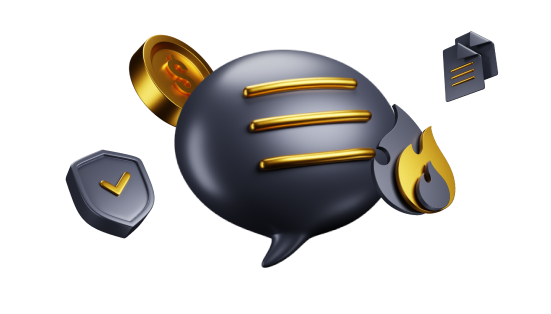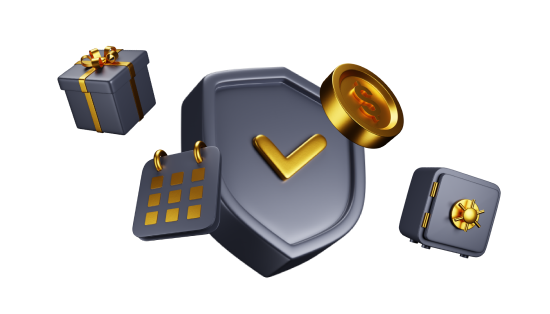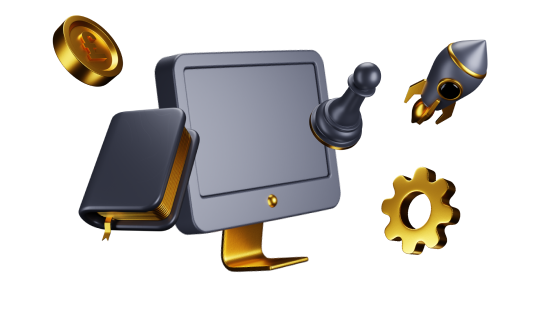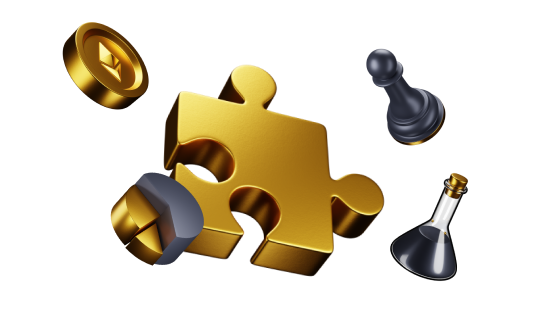Tips
Recommendations for beginner traders
To avoid falling into traps and hitting the pitfalls of financial markets, we have put together extensive and explicit instructions for those about to begin their journey as a trader.
What do you want?
Don't start until you have a goal in mind. Yes, everyone comes to trading to make money, but understanding how much money, time, and effort you need are worth having a clear plan. There can be a few options: you can just invest your savings and keep it as an investment, you want to try your hand at it, or you can get serious about trading and make it your source of income. The more clearly you define the goal and the timeframe to achieve it, the easier and faster you can get what you want.
Create an account
Study the markets and their tools

All markets have different trading rules, trading hours, and a set of trading instruments. So before you start working, you should decide what suits you best: futures, stocks, currency, or crypto markets.
A broker will help to avoid
beginner's mistakes
In addition to acting as an intermediary between the market and you, a broker can also be a great financial advisor, helping you to reach your goals faster and preventing you from making bad decisions.

Don't ignore the training

There are plenty of courses available online for beginners. In addition, brokers themselves often develop training courses for their clients. Don't ignore this opportunity. Start with introductory courses that explain terminology and working mechanisms. Remember that training is someone else's experience in an accessible format that will bring you up to speed and prevent the kind of trouble someone else has already committed.
Recommendations for experienced traders
Hone your knowledge of complex mechanics
Don't stop at just a "good" result. Learn new strategies, and go deeper into the subject professionally. It will help you gain new experience, make bigger deals and add confidence in your strength. When you have firmly grasped the basics, you can begin to learn risk management, fundamental or technical analysis, and the psychology of decision-making.

Keep a log of profit accumulation

It will help you analyze your actions, find mistakes in your strategy in time, and keep track of statistics. For example, it can record stock exchange transactions, prices at the time of transactions, profits, current market trends, and even the reasons why you made the transaction.
Don't refuse help completely
From time to time, it is a good idea to consult an analyst or your mentor, even if you no longer feel intimidated by every deal and know firmly what to do. An outside perspective can help you find new insights, learn about upcoming trends, and identify mistakes that were not available to your eye.

Experiment with strategies

Don't stop, even if you have found a trading methodology that suits you. Instead, expand your professional horizons: try new markets, introduce new trading instruments, trade at different intervals, and analyze all innovations. It will help you "keep in touch" because to find new solutions and implement them in your work, you need always to be aware of what's happening in the market.
Create an account